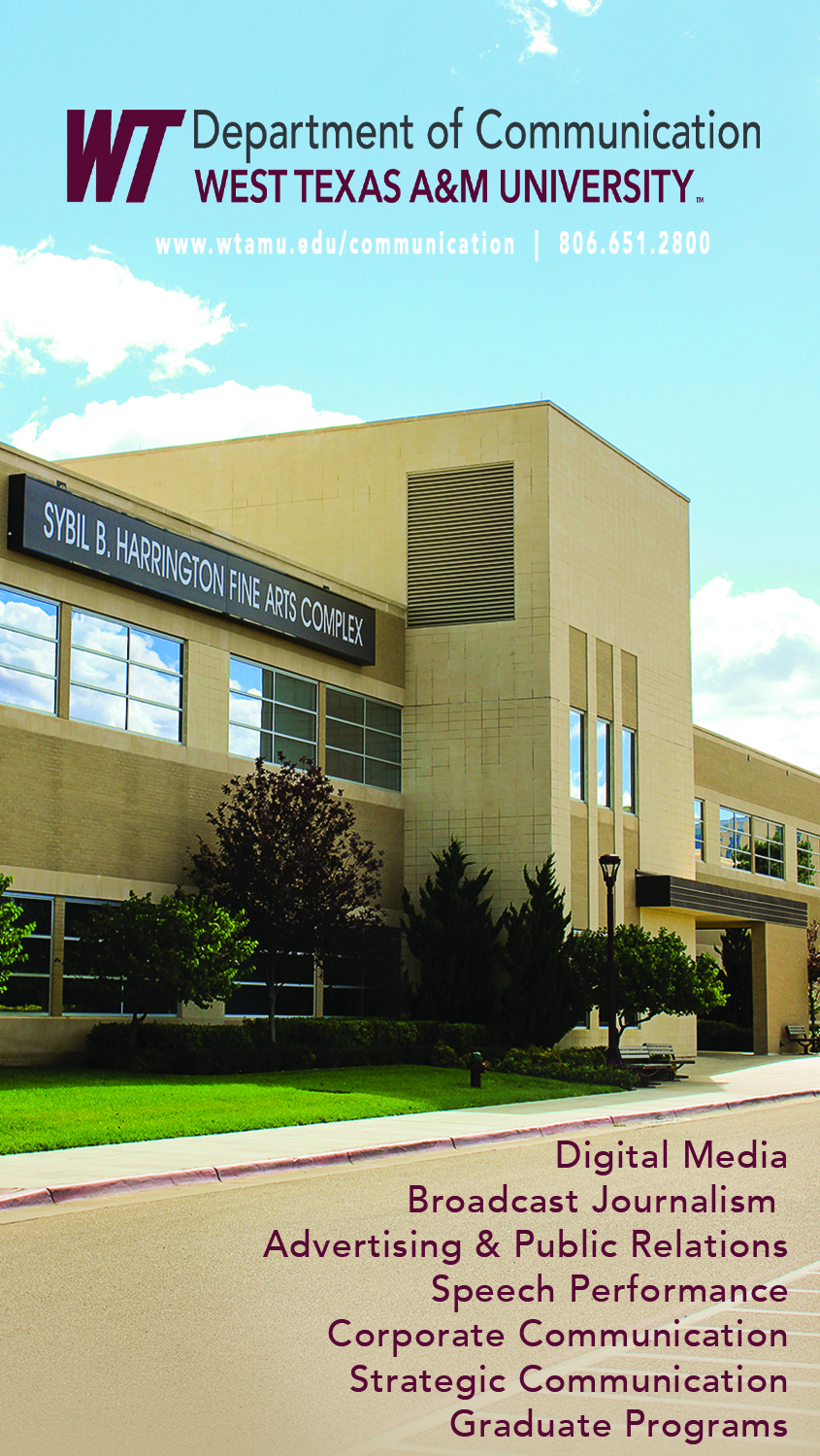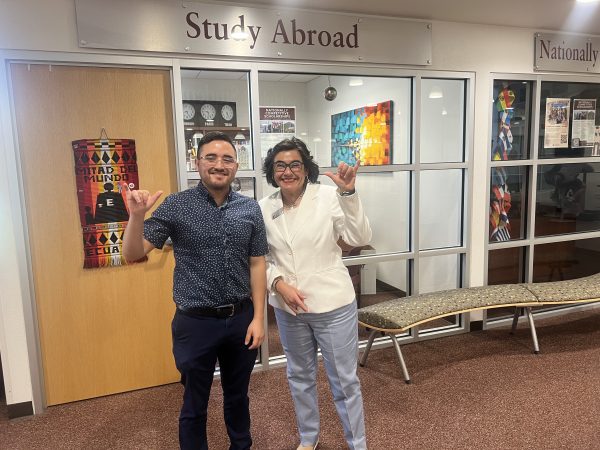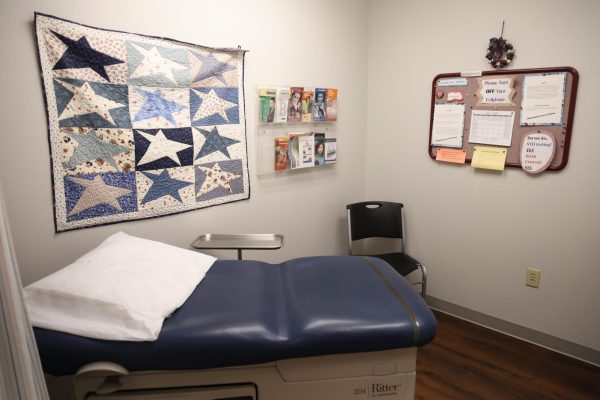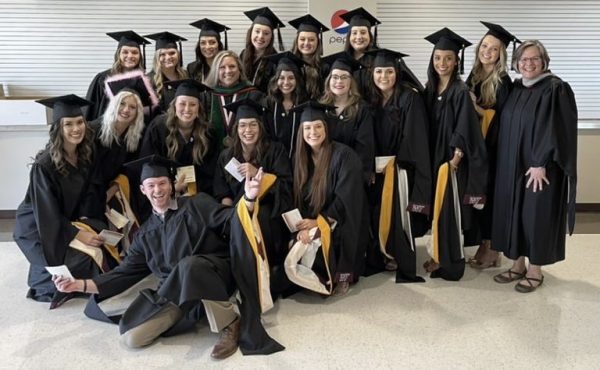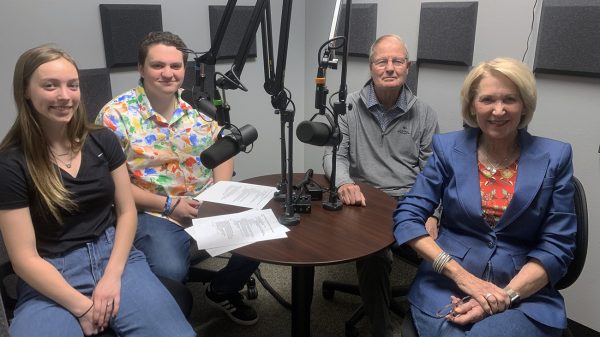The Road of Life
August 16, 2022
Sponsored Content provided by Education Credit Union and the BUFF $MART program
No matter what college a person is a part of at WT, it is unlikely that a course on personal finance is a degree requirement for them.
People pursue higher education so they can increase their body of knowledge and expertise. They educate themselves to become happier and more fulfilled human beings. The practical reason most people pursue higher education is, of course, to get a better paying job.
How people use money is not only a reflection of themselves, but it also alters the course of their lives in real and dramatic ways. A person’s credit score determines what kind of car they drive, what neighborhood they get to live in, and – in some cases – whether or not they can have a certain career or receive a promotion.
Personal Finance is something even the most academically accomplished people occasionally struggle to understand. Compound and Simple interest, IRAs, HSAs, Budget/Cash Flow statement/Spending plan, Vantage Score VS FICO score – the jargon makes it easy for those who are interested in the hands-on approach to navigating their financial resources to get lost. It is often helpful to take a step back and examine these concepts through an alternative lens.
Let’s say a person is about to take a road trip.
They have a place in mind that they would like to travel to, and things they would like to do while they are there. This like having a financial destination in mind; pay off a credit card, save up for a down payment on a home, purchase a new car.
Before a person embarks on a road trip – before pulling out of the driveway or parking lot – they put their destination into their GPS, or map system.
A budget is the GPS. Approximately 66% of people in the United States do not use a budget. This would be the equivalent of just hopping in the car and heading vaguely in the direction of their destination, and allowing only the highway signs to guide them forward. A budget shows a person how to reach their financial destination as efficiently as possible based on the amount of money they make. Some financial goals may be cross-country goals that require significant planning and preparation. Other goals might be across-town goals that are relatively easily accomplished. If life is a road trip then a budget is the map.
Credit is the vehicle a person drives on this road trip.
Some people have a car that is leaking transmission fluid, no air-conditioning, and looks like it’s been to war and back. That’s not a car that a person would trust to take them on a cross-country road trip. That’s not a credit score that is reliable enough to allow a person to purchase a home.
Others may have a state of the art, brand new automobile that gets great gas mileage. This sets them up for success, and to make their cross-country journey likely to be problem-free. There may be a flat tire (missed/late payment), or a person might accidentally run out of gas (maxing out their credit limit) – but for a person capable of affording a new car, they are also more likely to afford the potential inconveniences of a road trip.
It’s dangerous to travel without being able to communicate with anyone. And the longer a journey takes, the more likely it is that a person will need to have a safe place to rest on the way to their destination. Cell phones, mobile devices, even hotel rooms all are examples of Investments.
A cell phone is like a basic savings account – almost everyone has one, or at least knows how useful they are. And the more a person has in their savings (the more advanced their mobile device and their level of tech savvy) the more peace of mind a person has when the are on the way to their destination. Hotel rooms are those “adult” investments – Health Savings Accounts or stock market investments that offer rewards and dividends. They are there to help when a person needs to pull off the road and rest (because it’s not responsible for one person to make a cross-country road trip in one sitting).
Financial Wellness does not have to be a boring or confusing list of dos, don’ts, shoulds, and shouldn’ts. Changing the way a person looks at personal finance can help change the way they learn about and interact with the money they earn.
All WT students are encouraged to visit the ECU Buff $mart offices located in the JBK where they can work alongside a peer-financial coach who can help with creating a map (budget) for their roadtrip, or even help figure out what may be wrong with their car (credit score) and offer solutions to help make it roadworthy.
Whether you are preparing for your first journey, or are an experienced globetrotter, Education Credit Union always wishes you good luck, and safe travels.
Sponsored Content provided by Education Credit Union and the BUFF $MART program



